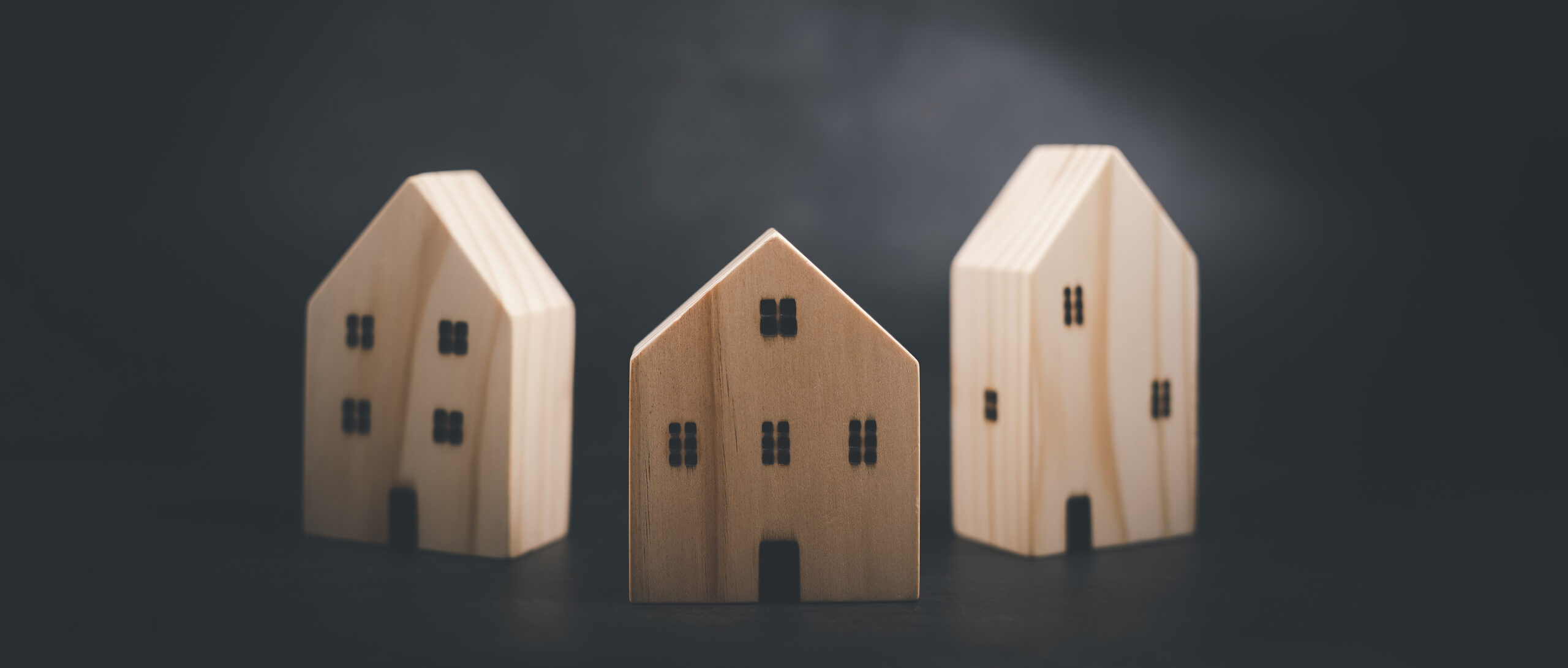Homeowner Insurance and Building Insurance: Key Differences

People ask us all the time, what’s the difference between homeowner insurance and building insurance? The answer typically comes down to whether you’re insuring your primary residence or whether you need landlord insurance.
Primary residence or commercial property?
At many insurance companies, homeowner’s insurance only applies to a one- or two-family house. Some companies will issue a homeowner’s policy on a dwelling for up to four families. A building that accommodates five or more families is considered a commercial property. As a result, these buildings require building insurance, or landlord insurance. This type of policy covers the higher risks faced by rental properties.
If you live in a Brooklyn brownstone with four units, for instance, a homeowner’s policy would cover your residence. But if you’re renting out any of the other units, you’ll need special protection. In fact, many insurance companies will deny claims made on rental properties unless you have landlord insurance.
Special needs for building insurance
Rental properties have a higher risk of liability claims that result from injury or property damage. Building liability insurance protects building owners and can be supplemented with affordable umbrella policies.
The best landlord insurance policies also include special coverages, such as:
- Loss of Rents. This protection safeguards against loss of rental income if the building or unit is damaged.
- Backup of sewers/drains. This clause covers damage resulting from sewage backup through drain pipes, which can be caused by tree roots or problems with the city sanitary main.
- Water damage legal liability. This coverage protects building owners from claims arising from water damage that affects adjacent properties.
- Ordinance or law coverage. This protection is especially useful in New York City, which has many older buildings. If a claim is filed, it provides extra money to bring a building up to current construction codes.
Other considerations include replacement cost vs. actual cash value and the credit rating of the underwriting company.
Do you have additional questions about homeowner or building insurance policies? Give us a call at 877-576-5200.


